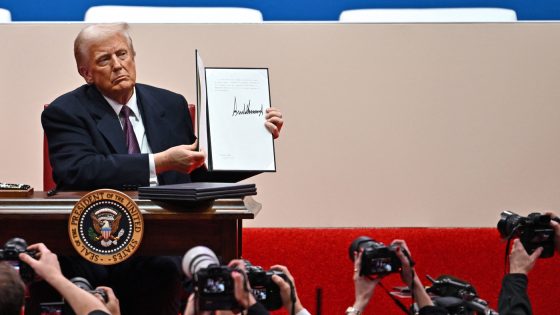Last week, a heated debate ignited in Belgium over the supposed existence of a “handwritten document” regarding capital gains tax. MR chairman Georges-Louis Bouchez claimed this document outlines that individuals holding shares for ten years would not have to pay any tax on profits. Is there more to this story than meets the eye?
- Controversy over Bouchez's claims on tax document
- Rousseau questions validity of Bouchez's agreement
- Jambon denies existence of the alleged document
- Opposition parties demand document from De Wever
- De Wever refuses to provide additional documents
On February 10, 2025, political tensions rose as various parties demanded transparency from Prime Minister Bart De Wever about this controversial claim.
The Capital Gains Tax Controversy: What’s at Stake for Belgium?
Why is the capital gains tax such a hot topic? The recent statements by Bouchez have stirred concerns among various political factions. With accusations flying and demands for disclosure, what does this mean for Belgian taxpayers?
The Political Landscape: Who’s Involved in the Debate Over Capital Gains Tax?
This controversy involves key players across multiple parties, each with their own stance on taxation and fiscal policy. Bouchez’s claims have been met with skepticism from other leaders like Conner Rousseau of Vooruit and Jan Jambon from N-VA.
- Bouchez insists on a secret deal with De Wever.
- Rousseau argues it mirrors existing agreements but seeks clarity.
- Jambon denies the existence of any such document.
- Opposition parties demand full disclosure from De Wever.
The Call for Transparency: How Will It Impact Governance?
The demand for transparency is growing louder within Belgium’s political arena. Opposition leaders are pushing for Prime Minister De Wever to present any documents related to these claims before Parliament. This push reflects broader concerns about how decisions are made behind closed doors and who truly benefits from them.
The Implications for Belgian Taxpayers: What Should You Know?
If true, Bouchez’s claims could significantly affect how capital gains taxes are applied in Belgium. However, without clear confirmation or documentation, uncertainty looms over taxpayers’ financial futures. Understanding these developments is crucial as they may set precedents affecting fiscal policies nationwide.
A Broader Context: How Does This Relate to Global Trends in Taxation?
This controversy isn’t just a local issue; it resonates with global discussions around taxation fairness and transparency. As countries grapple with similar challenges, Belgium’s situation serves as a microcosm of larger trends impacting governance worldwide.

































